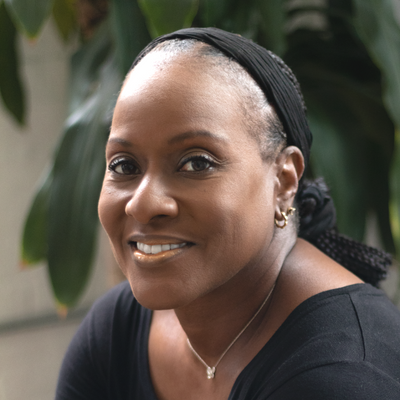August 29, 2021
Speaking the Right Language
A primary key factor to sustaining healthy relationships is being able to appropriately express love and care and being willing to extend and receive forgiveness. In his New York Times bestselling book, The Five Love Languages and another book written with Dr. Jennifer Thomas, The Five Languages of Apology, Dr. Gary Chapman provides insights into how to make deeper and more meaningful connections with others by identifying our language of love and apology and engaging with others according to theirs. Following is a brief overview of these languages.
The Five Love Languages
In the Five Love Languages, Dr. Chapman highlights the following five areas as love language categories: Words of Affirmation, Gifts, Acts of Service, Quality Time, and Physical Touch. When spoken to in our primary love language(s) we feel cared for, seen and heard. This is something we all need to experience to thrive in life.
People whose love language is words of affirmation appreciate hearing words of encouragement, receiving compliments and hearing or reading verbal declarations of love and care expressed. Those whose love language is gifts enjoy receiving gifts mainly because of the thought and time invested in providing the gift. Hanging out and being attentive is an expression of quality time, while hugs are greatly appreciated by those for whom physical touch is important. For those whose language is acts of service, the old adage, “action speaks louder than words,” says it all. Love is shown by what a person does for the other.
Even though many of us are aware of our primary love language, oftentimes we continue to experience challenges in trying to effectively communicate with loved ones and friends. One of the reasons might be because, rather than speaking to our loved one or friend in their love language, we speak to them in our own, or we may not even know their love language. In this case, we might ask them or even better yet, pay close attention to what we notice and see during our interactions with them. What does their actions and words say to us about what’s important to them and makes them feel seen? On the other hand, if we are the ones feeling unseen and unheard, as much as we would like others to do what I just previously mentioned, we might have to simply ask for what we need or desire.
The Five Languages of Apology
“I am sorry.” These three words can be the gateway to healing great divides but often they are absent or delivered in inappropriate ways that renders relationships stagnant. In The Five Languages of Apology, Dr. Chapman and Thomas identify categories of apology that when received or given, helps us to once again feel seen, heard and considered. These five categories are: expressing regret, accepting responsibility, making restitution, genuine repenting and asking for forgiveness.
For some people, simply hearing, “I am sorry,” is enough. However, for others, they need to hear the person who has wronged them take responsibility for the wrong they have done or is believed to have done. The sentiment here is, “I am sorry I was wrong for (whatever the offense was).” Making restitution takes the apology a couple of steps further. In this instance, the person who committed the wrong not only expresses their apology, but vows to make it up through subsequent actions. “I am sorry, I was wrong for what I did, I will make it up to you.” Genuine repentance adds to the basic apology, a promise of change in behavior in the future. “I am sorry and in the future I will (what will you do differently next time in a similar situation?).”Lastly, asking for forgiveness coupled with the most basic of apologies and/or any of the other expressions and delivered in a spirit of humility can turn even the most difficult of situations. “I am sorry. I was wrong for what I did. I will do…to make it up to you. In the future I will… Would you please forgive me?”
Take a moment to survey the landscape of your relationship with your romantic partner, family members and friends. Whose love language or language of apology are you aware of? With whom do you need to become more familiar? Who of these individuals know your love language and language of apology? If you don’t know your love language, take the test.
In addition to learning and using the love languages and languages of apology, there are other communication skills to help you continue growing your relationships. If you need help cultivating additional skills or find yourself in a challenging relationship you are not quite sure how to navigate, give us a call and one of our therapists would be glad to come alongside to help you.
We can help you get started
Articles by our Optimum Joy Staff
Written By
Roslyn Jordan

Related Articles
-
Unlocking Effective Communication – Part 1
In life, we often shy away from the most important conversations due to fear. We worry...
Read More -
Can We Have a Future Together?
How do you know this person is the one? Making the decision to devote your time,...
Read More -
6 Conversations Every Couple Should Have Before Getting Married
We often hear that you should never discuss money or religion in conversation but when preparing...
Read More